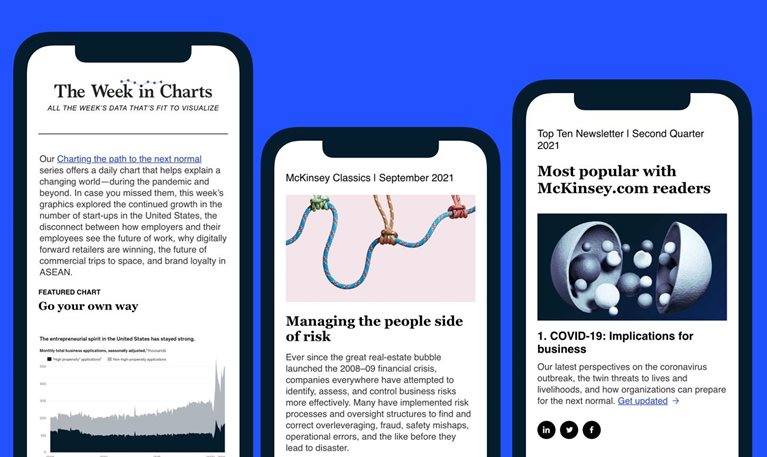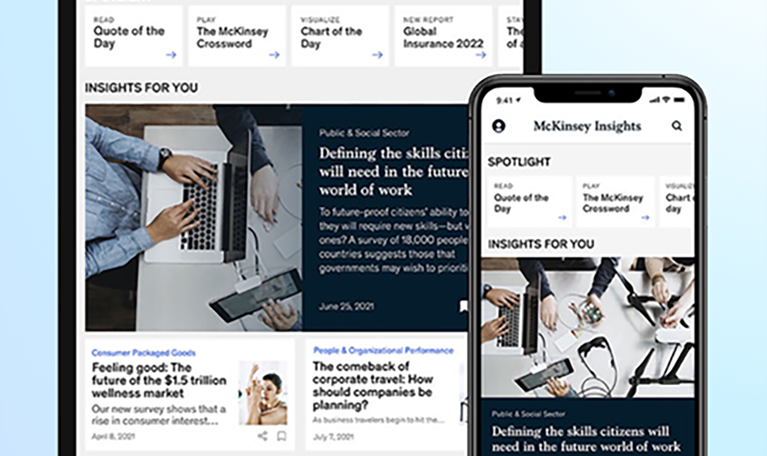
Bill Drayton (New York, 1970–77, 1982–89), founder and CEO of Ashoka, and a pioneering force in social entrepreneurship, was recently honored with the prestigious Skoll Global Treasure Award. This accolade, presented at the 2025 Skoll World Forum in Oxford in April, places him among a distinguished group of ethical leaders who have made extraordinary contributions to the world, including Bishop Desmond Tutu, Malala Yousafzai, the Dalai Lama, Bono, and Jimmy Carter.
Drayton has dedicated his life to social entrepreneurship and founded Ashoka in 1980 with the radical idea that every person can and should be a changemaker. To date, Ashoka has supported more than 4,000 social entrepreneurs ("Ashoka Fellows") across nearly 100 countries. According to Ashoka's 2018 Global Fellows Study, 74% of Ashoka Fellows have influenced public policy or legislation, and over 90% have seen their innovations adopted by national or international institutions.
In our discussion with Bill, he talks about his guiding belief, his advice for philanthropists, and how alumni can contribute to social entrepreneurship.
What does your recent recognition by the Skoll Forum mean to you?
The recognition by the Skoll Foundation is a strong indication that the framework change Ashoka has been championing for decades—particularly that everyone can be a changemaker—has reached a turning point. What was once a slow early-adopter movement is now rapidly moving toward wide-scale adoption.
We are living in a time defined by two exponential forces: the rate of change and the degree of global interconnection. In this new reality, everyone must develop very different skills to be able to be a giver. To have a life, one must be able to contribute, to help others. That is why we believe "the right to give" is the most fundamental human right. To be able to exercise that right, one now must be a changemaker.
At the Skoll World Forum in Oxford, we saw advanced elements of our language and ideas being picked up by people who increasingly grasped the full framework. Recently, some of our phrases—such as "the new inequality"—appeared on the front page of Brazil’s leading newspaper. These are signs that this movement is spreading.

What is one belief or insight that has guided you?
Humans have been building towards our "everyone a changemaker" ("EACH") future for several millennia, but the pace has hastened dramatically over the recent centuries. One group after another has sought collective and individual freedom, and most people have developed, remarkably quickly, the sophisticated skills necessary to be contributors or, as I prefer to say, givers. Once the ability to give becomes universal, the consequences will be profound and wonderful:
- When everyone is a changemaker and we know how to work together, problems will never outrun solutions.
- A giver’s deepest desire is to give—and the greatest gift one can give is the power to give itself.
Imagine a world where everyone seeks to elevate others to their highest possible capacity to give. That’s a united world. It’s also a world that dynamically generates equality, collective wisdom, and shared consciousness. It strengthens us all and gives us an unparalleled opportunity to contribute to the universe in meaningful ways.
What is your message or piece of advice to donors or philanthropists?
Invest in the big ideas for the good—the ones that change the system and reframe how people think. Make sure that each idea is in the hands of a great social entrepreneur: someone who is deeply, personally committed to the good of all.
There is nothing more powerful than great social entrepreneurs. Among Ashoka’s 4,000+ Fellows, three-quarters have changed national or international policy within ten years of their launch.

And that’s just the beginning. Today, we are building a new architecture by partnering with networks of networks of both such social entrepreneurs and top firms, unions, universities, and others once they own the new EACH strategic reality—a brain-like structure with a gigantic multiplier effect. These network organisms amplify one another’s impact and are rapidly learning how to be ever more effective.
How can McKinsey alumni contribute to the social entrepreneurship movement?
McKinsey alumni, with their depth of knowledge and skills, are uniquely positioned to help the next generation dramatically increase the number of entrepreneurs and changemakers. We need a flow of quality people to the most needful social sectors. Demand is acute at the management level, and interested alumni don’t necessarily need a background in the nonprofit sector. Finance people, for example, could really contribute in a satisfying way. If McKinsey alums do it, others will follow.
What is the importance of ethical fiber in social entrepreneurship?
Ethical fiber is one of the essential characteristics for being accepted as an Ashoka Fellow, along with creativity, entrepreneurship, and a new idea with potential global impact. This importance was confirmed during my early years at McKinsey, where ethical fiber is taken very seriously and is applied in everyday work. I was drawn to the Firm's values and its goal of causing real and important change.
How else have McKinsey values influenced your work and life?

I came to the Firm with very strong ethical influences from family and educational institutions, the American civil rights movement, and engagement with the Gandhian movement and some of its most senior leaders. I experienced the Firm’s values on walking in the door. It was safe to think and to say what one thought. Colleagues were comfortable questioning, challenging, and imagining together. My experiences at McKinsey, including the Firm’s senior leader stepping up to do the right thing in a critical client situation, reinforced my deep loyalty to McKinsey and the importance of ethical fiber in all aspects of work and life.

